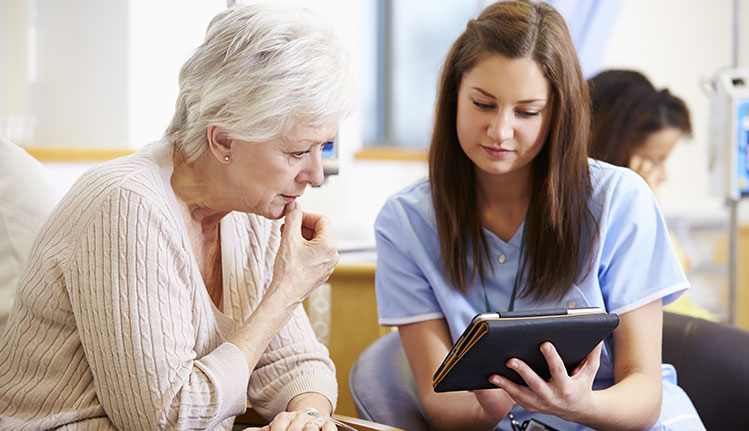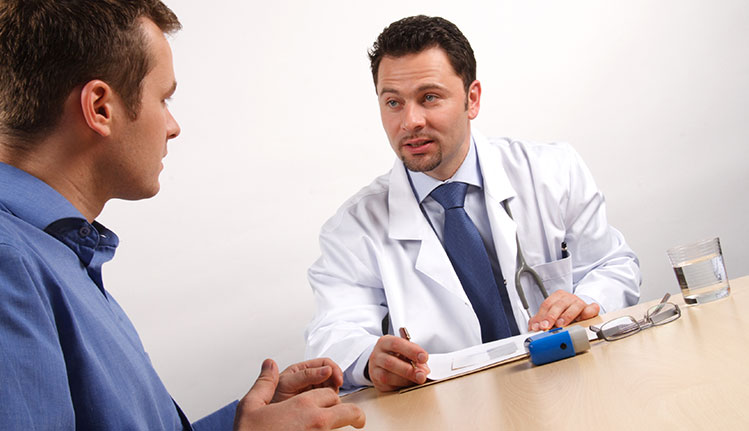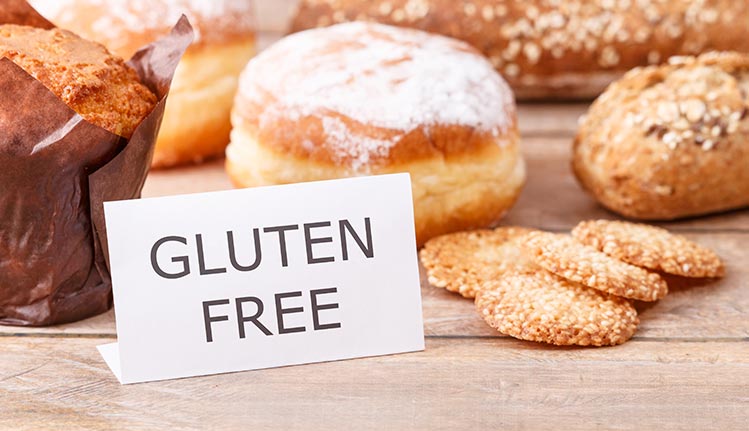Most cases of diarrhoea will clear up after a few days once what has caused it such as bacteria or a virus has passed through. The most important thing to do is make sure you stay hydrated whilst you are unwell. If your symptoms last longer than a few days or contain blood and/or mucus you should make an appointment with your GP to rule out any conditions.
CONSERVATIVE TREATMENTS
Staying Hydrated
It is important to avoid dehydration by taking small, frequent sips of water whilst you are unwell. Soup broths and very diluted squash/juice can help to get the right salts or sugars back into the body. You can also get rehydration sachets from the pharmacist, which contain the right salts and electrolytes to hydrate your body. It is best to avoid drinking strong acidic fruit juices, caffeine or fizzy drinks as these can irritate the stomach and bowel and prolong your symptoms.
Eating
If you feel up to it, it is best to eat small regular meals of plain food such as potatoes, rice and bananas. Salty foods can also help to replenish the body. Avoid spicy and fatty foods.
MEDICINAL
Anti-motility Medication
Anti-motility/ antidiarrhoeals such as loperamide, more commonly known as Imodium can be purchased over-the-counter and used if you really need to, but are not necessary. They work by slowing the gut transit making your stools firmer and pass less frequently. It is important not to use this medication is you have diarrhoea with blood and/or mucus or have a temperature.
Further Information
Further information and downloads can be found in the help and information section. Living with a bowel condition can affect you emotionally and socially; sometimes it can help to speak to others who understand your situation. The Bladder & Bowel Community Closed Facebook Group is moderated to allow you to connect with those who share your condition, in a supportive atmosphere. Start your own topic today or just follow one that interests you.








